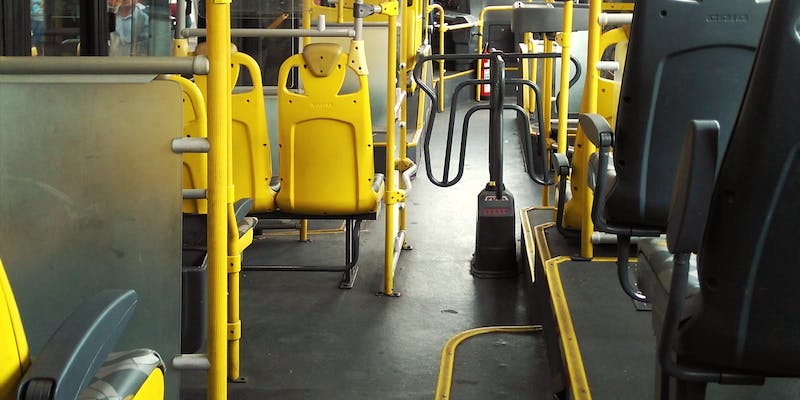Transport for Wales is pioneering a promising new era in public transportation with the introduction of a contactless ‘tap in, tap out’ payment system. This trial, initially rolling out across Southeast Wales, invites travelers to simply use their credit or debit cards, or even a smart device, to gain access to train services. As it stands, the service is operational between Cardiff Central, Newport, and Pontyclun, but expansive plans are in the works. By the end of 2024, 95 stations across South Wales are expected to be incorporated into this innovative system. This not only represents a significant upgrade in ease of use but also signals a future where tangled transactions and ticket lines are a thing of the past.
The convenience factor is just one aspect of this new system. By integrating a ‘tap in, tap out’ solution, Transport for Wales is simplifying the payment process for passengers. No more searching for change or waiting to purchase a ticket. Instead, a quick tap as you board and exit ensures that your fare is paid, with processing occurring seamlessly in the background. It’s a hassle-free approach that aligns with our modern demands for quick and effortless service, whether we are rushing to work or leisurely embarking on a journey. Furthermore, the technology is set to track the most economical fare for the traveler, implementing fare caps that promise cost-effectiveness on top of the convenience.
Fare Structures and Financial Considerations
The launch of a new contactless system on certain Welsh rail routes not only simplifies fare payment but also offers cost benefits, particularly for regular commuters. Affordable fares are now in place, such as a £2.50 charge for a trip between Cardiff and Newport. Additionally, fare caps of £6.80 daily and £20.40 weekly protect passengers from excessive charges, incentivizing frequent travel with potential savings.
Despite these perks, Welsh rail fares will see a 4.9% increase from March 3, 2024, as part of funding strategies for network improvements, including the projected Ebbw Vale to Newport service enhancement. Although passengers face higher costs, the contactless system presents a silver lining by easing travel expenses. This development reflects a commitment to progress in public transportation while acknowledging passenger affordability concerns, marking a strategic effort in managing regional transport evolution.

